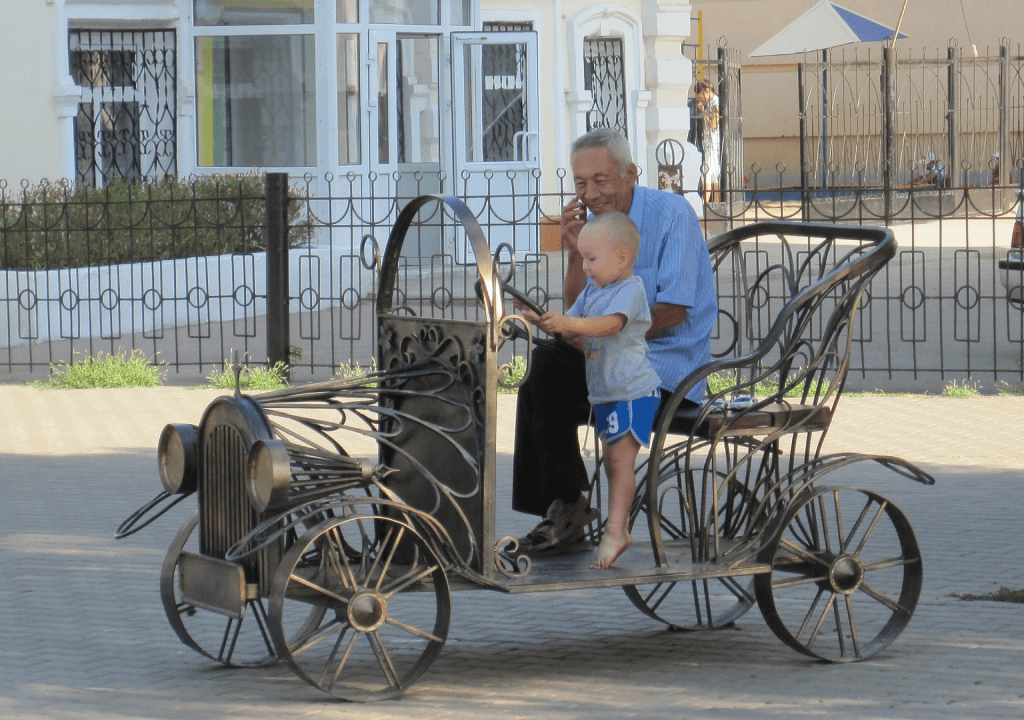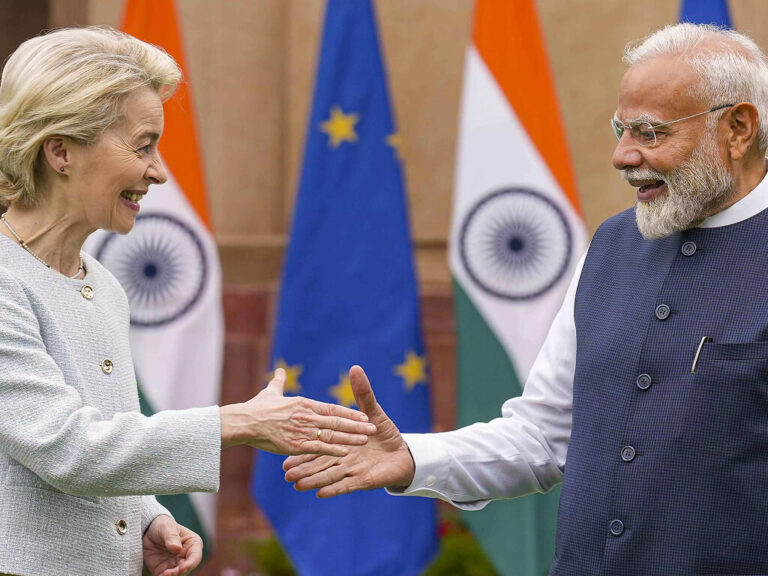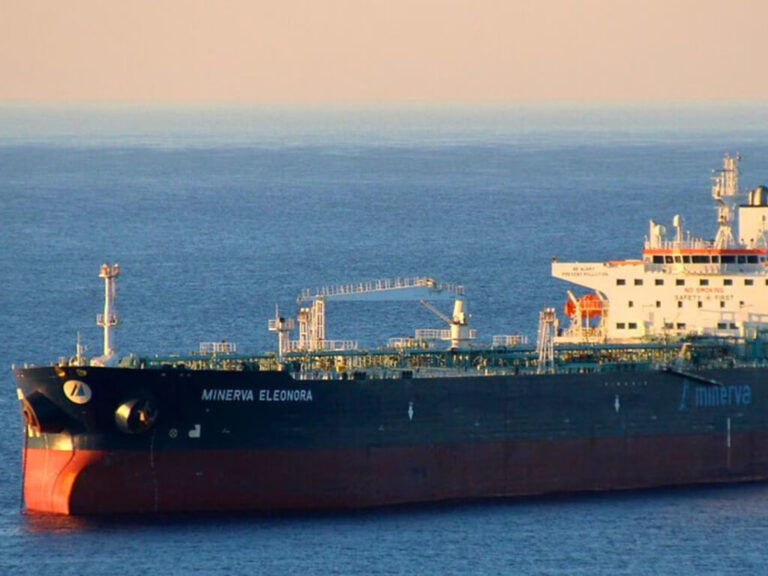Landlocked and deeply intertwined with Russian politics and economics, Kazakhstan has long felt the gravitational pull of its northern neighbor. For decades, the nation has relied on Russia as its gateway to the globe. But as Russia faces its toughest period in recent years and endures a deluge of sanctions over its war in Ukraine, Kazakhstan’s dependence has become costly.
When the war began and Western sanctions were imposed on Russia, many speculated that Kazakhstan might benefit from Russia’s economic isolation, with businesses redirecting trade through its borders. However, the reality has been far harsher. Kazakhstan now finds itself burdened by unavoidable sanctions. The surging U.S. dollar, a weakening ruble, and a flood of Russian migrants, goods, and businesses have further strained the country’s economy. This mounting pressure has battered the tenge, stretched public finances, and made daily life increasingly difficult for its citizens.
Over the past two weeks, the Kazakh tenge has steadily weakened, unsettling citizens just ahead of the holiday season. On December 4, the currency dropped to 522 against the U.S. dollar. Although it briefly regained ground, it slid again, trading at 521 by December 11. This sharp decline—nearly 10 percent in just ten days—has ignited a firestorm on social media across Kazakhstan. The tenge’s rapid depreciation is fueling inflation, especially for food and consumer goods, much of which is imported from Russia. In Almaty and other cities, prices continue to rise, compounding the stress on an already uneasy population.
Kazakhstan’s National Bank, in a statement on November 28, attributed the tenge’s sharp decline to a number of external fundamental factors. The bank identified Russia’s faltering economy, grappling with a steep ruble devaluation, as a key driver of the currency’s struggles. The tenge’s drop closely followed reports of the ruble hitting its lowest level in over two years after the announcement of a fresh round of U.S. sanctions.
The National Bank highlighted the strengthening U.S. dollar as a significant factor driving the tenge’s decline, noting that a strong dollar is traditionally a negative factor for raw materials. It also cited the worsening geopolitics and energy market price volatility as additional pressures on foreign exchange markets.
Kazakhstan’s reliance on raw materials like oil and gas as its primary exports has heightened speculative pressure, increasing the likelihood of further currency volatility. Energy companies, a major source of government revenue in Kazakhstan, pay their taxes in dollars. As a result, the tenge’s recent decline is not expected to significantly impact the state budget in the short term. Despite this, economic analysts remain concerned about the near future.
In late November, the National Bank sold more than $1 billion in assets from the National Fund, the country’s strategic reserves, and plans to allocate another $900 million in December to stabilize the tenge. To curb inflation, the bank also increased the base rate by one percentage point, raising it to 15.25 percent.
Analysts worry that Kazakhstan’s heavy dependence on the National Fund to prop up the tenge may undermine the country’s economic resilience in the medium term. In October, the International Monetary Fund called on Astana to establish clearer fiscal policy guidelines to safeguard the National Fund’s ability to finance social and economic infrastructure projects and shield the economy from future shocks.
By the end of November, the National Bank revised its inflation forecast for 2025, raising the projected range to 6.5-8.5 percent from the earlier estimate of 5.5-7.5 percent. However, actual price increases significantly outpace the official inflation figures, as highlighted by price comparisons in stores and markets frequently shared by bloggers.
Many investors have started to withdraw their money from the country. Despite higher interest rates and rising credit costs, people continue to take out loans, which inevitably pushes prices higher and places additional pressure on the tenge. The weakening ruble against both the U.S. dollar and the tenge could also lead to an influx of Russian food and goods into the Kazakh market. This influx, experts warn, could erode the competitiveness of local producers and further destabilize Kazakhstan’s economy. Tough times lie ahead for the country. Although the government and National Bank claim they are addressing the issue and try to spread optimism, the public remains unconvinced.
In reality, Kazakhstan has little control over the situation, as it remains deeply tied to Russia, an influence it cannot escape. While China recently surpassed Russia as Kazakhstan’s largest trading partner in overall turnover, Russia still held the top spot as Kazakhstan’s primary source of imports during the first eight months of 2024, accounting for nearly 30 percent of the total, according to official government statistics.
Kazakhstan’s dependence on Russia is largely a result of the country’s corrupt political elites. For over 30 years, these leaders have prioritized political maneuvering, self-promotion, and resource distribution, rather than working to strengthen the nation’s statehood. They have neglected vital areas such as economic development, infrastructure diversification (including alternative oil export routes), the creation of a secure information environment, improving public welfare, and fostering a stable middle class. By mirroring Russia’s political system, they constructed a false democracy that silences opposition and preserves their own grip on power. Closing the door to the West, they guaranteed continued alignment with Russia. As long as the current administration remains in power, Kazakhstan’s ties to Russia will endure, despite Western attempts to intervene. Meanwhile, the burden of this relationship continues to fall on the people.








